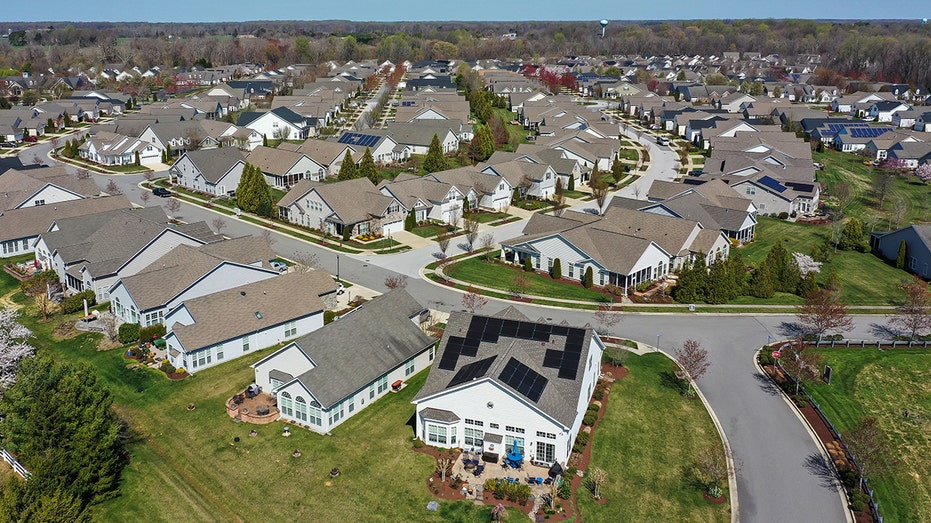Homebuyers in the U.S. are turning to riskier adjustable rate mortgages (ARMs) as high interest rates make it less affordable for purchasers locking in new fixed rate mortgages, according to a new report.
The Mortgage Bankers Association’s Market Composite Index, which measures loan application volume, found that the share of activity involving ARMs increased to 7.8% of total mortgage applications.
“One notable trend is that the ARM share has reached its highest level for the year at 7.8 percent,” Mike Fratantoni, senior vice president and chief economist for the Mortgage Bankers Association (MBA), said in a release. “Prospective homebuyers are looking for ways to improve affordability, and switching to an ARM is one means of doing that, with ARM rates in the mid-6 percent range for loans with an initial fixed period of five years.”
Average interest rates for ARMs that are fixed for the first five years fell to 6.60% from 6.64%, with points decreasing to 0.75 from 0.87 (including the origination fee) for 80 percent loan-to-value (LTV) ratio loans. The effective rate declined from last week, the MBA noted.
HOMES ARE NOW AFFORDABLE IN JUST 6 MAJOR AMERICAN CITIES
ARMs are a type of mortgage with an interest rate that changes, or “adjusts,” throughout the duration of the loan. In certain circumstances this can save borrowers money relative to a fixed rate mortgage, but they can also cause a borrower’s payments to quickly increase if rates increase, which means borrowers should carefully consider those factors before taking out a loan.
The Consumer Financial Protection Bureau (CFPB) explains that, “With an ARM, the interest rate and monthly payment may start out low. However, both the rate and the payment can increase very quickly. Consider an ARM only if you can afford increases in your monthly payment — even to the maximum amount.”
HOME PRICES SURGE TO ANOTHER RECORD HIGH IN FEBRUARY

Homebuyers and owners refinancing their mortgages have increasingly turned to ARMs with persistent inflation preventing the Federal Reserve from lowering the benchmark federal funds rate, which would in turn allow mortgage rates to decline.
“Inflation remains stubbornly high, and this trend is convincing markets that rates, including mortgage rates, are going to stay higher for longer,” Fratantoni said. “No doubt this is a headwind for the housing and mortgage markets, with the 30-year fixed mortgage rate increasing to 7.29 percent last week, the highest level since November 2023.”
Overall demand for mortgages fell by 2.3% on a seasonally adjusted basis from the prior week.
“Application volume is down for both purchase and refinances declined over the week and remained below last year’s pace,” Fratantoni noted.
Read the full article here


